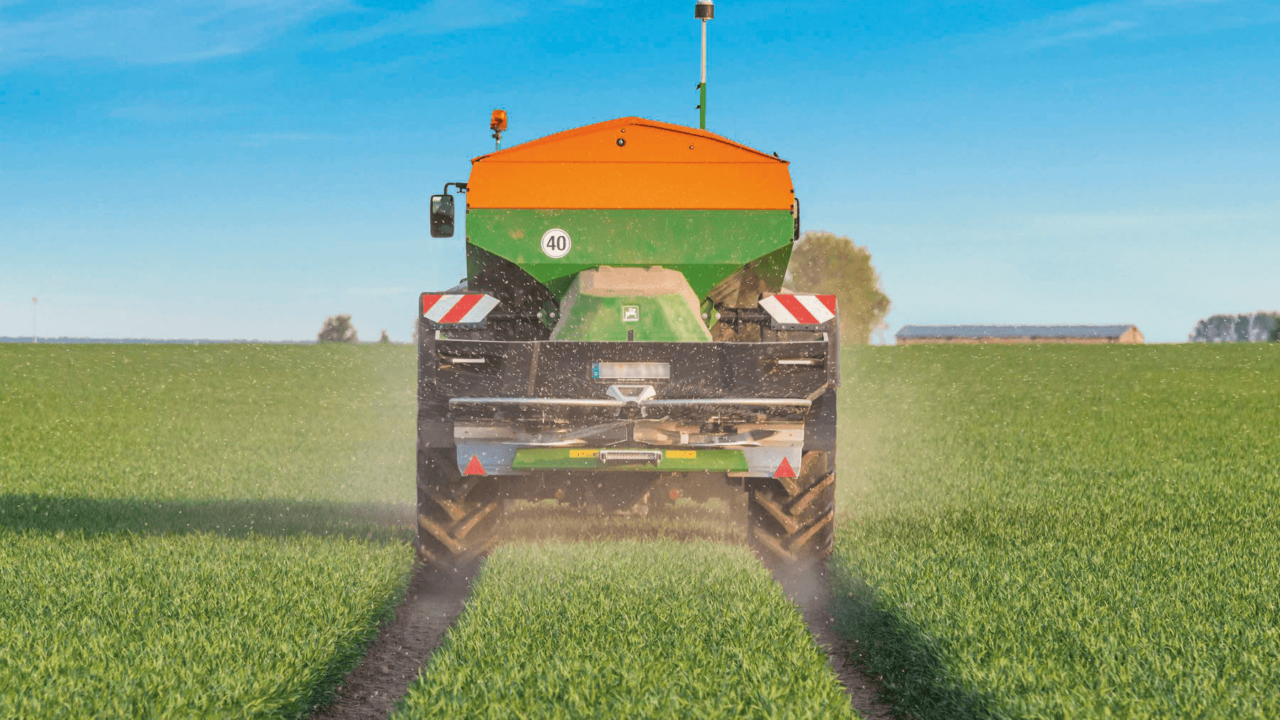Irish fertiliser prices may well remain strong for the next few months, according to Grassland Agro managing director, Liam Woulfe.
“This time last year CAN was trading at €230/tonne. The farmer price today is in the range €715 to €730,” he told Agriland.
“Most people know that natural gas prices have strengthened dramatically over the past 12 months.
“Geo political factors are coming into play here. But Covid is also an issue.”
While price may be the issue that is uppermost in farmers’ minds at the present time, fertiliser suppliers are now more concerned about the actual availability of stocks in this country over the coming weeks.
“There is enough product available to meet February demand,” Woulfe explained.
“But the bigger challenge exists where March deliveries are concerned.”
Fertiliser manufacturers shut a number of plants around the world before in the autumn period on the back of natural gas prices rising and reluctant purchaser interest, he explained.
“But given the acceptance that strong gas prices are a reality for the foreseeable future, the industry is now playing catch up, from a production point of view.
“This process is now underway. But it is being hampered by the fact that Covid has conspired to hit workforce numbers across western Europe and beyond.”
Woulfe added:
“The same rationale comes into play from a distribution point of view. Covid has ravaged the world’s shipping and transport sectors.
“It is nigh on impossible to get a boat to come up from the Mediterranean at the present time.”
Woulfe referred to reports in the press before Christmas of gas prices crashing as being very momentary in nature.
“What we saw was a 10 to 15 day spike in gas prices during December. They rose from €90 per megawatt-hour to €175 and then fell back again to the previous level.
“And, of course, it’s gas at €90 that has caused the increase in fertiliser prices over the past six months, not the one-off €175 hike.
“Gas prices today remain at €90, which means that the pressure on actual fertiliser manufacturing costs will remain in play for the foreseeable future.”
Woulfe dismissed the suggestion that Ireland should re-establish its own fertiliser manufacturing capacity.
“The Irish market is too small. Such a venture would not be economically feasible,” he stressed.
“Taken in the round, Ireland can normally secure fertiliser at very economical prices. The reality is that we are currently coping with a perfect storm, where both production and distribution factors are concerned.”
